The first satellite designed and built in China's northeastern province of Liaoning has been carried into space by the Tianzhou 6 cargo spacecraft, which was launched on Wednesday night, according to the Dalian University of Technology.
Developed by the university in the coastal city of Dalian, the Dalian 1-Lianli is a 17-kilogram mini Earth-observation satellite and is tasked with demonstrating technologies relating to high-definition remote imaging, the OpenHarmony operating system and advanced satellite components, the university said in a news release.
OpenHarmony is an open-source version of HarmonyOS, a distributed operating system developed by Huawei Technologies Co.
The satellite will also demonstrate technologies related to an ultralight multiple satellites deployer made using 3D printing technology, the release added.
The major payload of the satellite is a high-definition, multispectral camera capable of generating images at sub-meter resolution at low cost, said Professor Xia Guangqing, president of the university's School of Aeronautics and Astronautics and the satellite's chief designer.
He said the satellite is attached to the exterior of Tianzhou 6, and will be deployed in orbit in due course. It will then transmit data back to a ground control station at the university. According to Xia, the satellite has a modular propulsion system, which has no toxic propellants but has strong power. It gives the satellite good maneuverability in orbit, he said.
The Tianzhou 6 robotic cargo ship docked with the Tiangong space station on Thursday morning. Crew members of the Shenzhou XV mission will enter Tianzhou 6 in due course to collect the cargo and transfer it to the space station, according to the China Manned Space Agency.
As the first spacecraft to visit the Tiangong space station this year, Tianzhou 6 was launched at 9:22 pm on Wednesday by a Long March 7 carrier rocket from the coastal Wenchang Space Launch Center in the country's southernmost island province of Hainan.
It is carrying about 260 packages with a combined weight of nearly 5.8 metric tons, including living necessities enough for a three-member crew for 280 days.
The cargo ship holds 98 packages of science payloads, with a combined weight of 714 kg, that will be used in 29 scientific experiments and technological tests.
Compared with its predecessors, Tianzhou 6 carries more cargo for use in science and technology work, said Liu Wei, designer of the cargo craft's application system at the Technology and Engineering Center for Space Utilization at the Chinese Academy of Sciences.













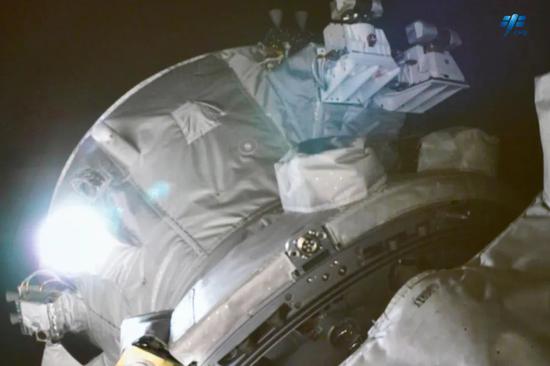
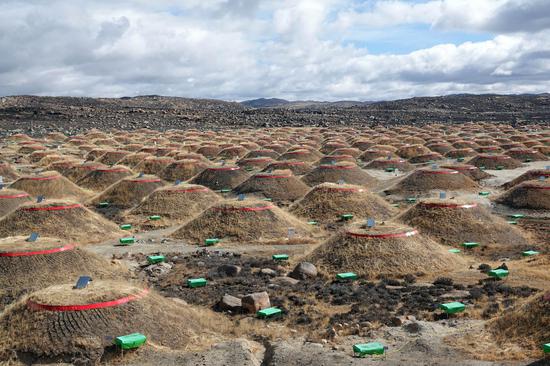
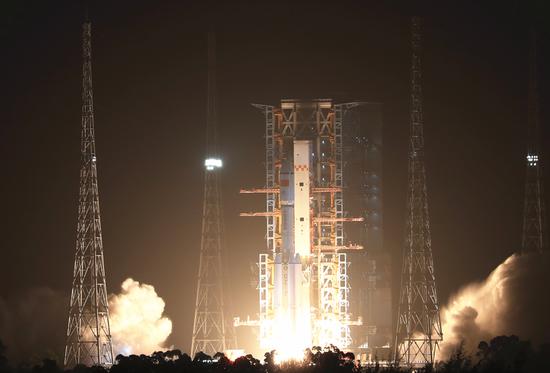


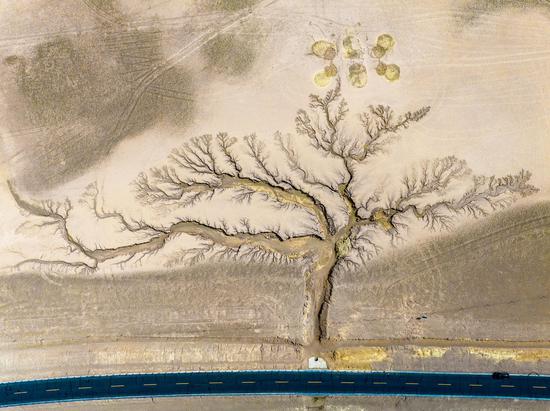
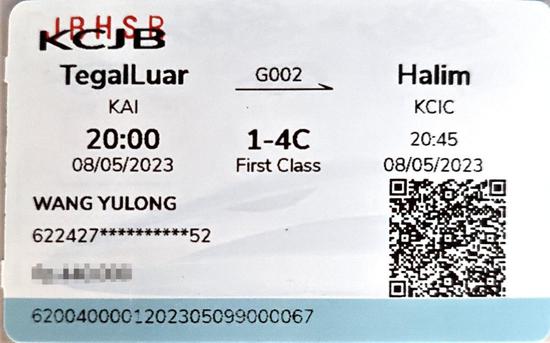

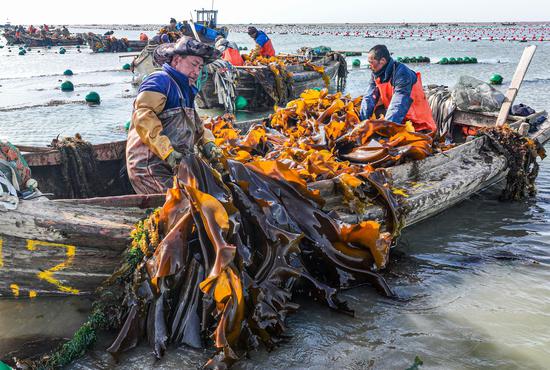


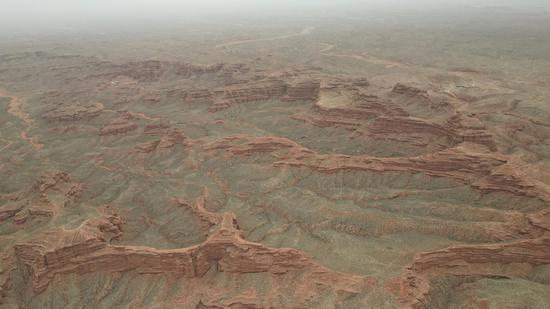
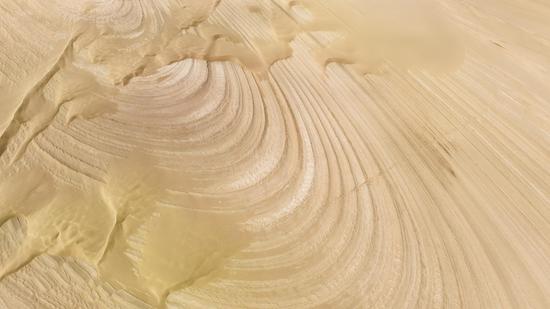


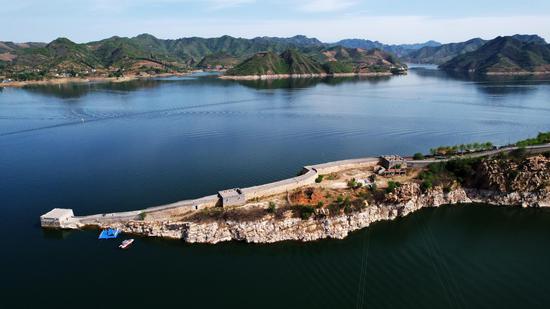

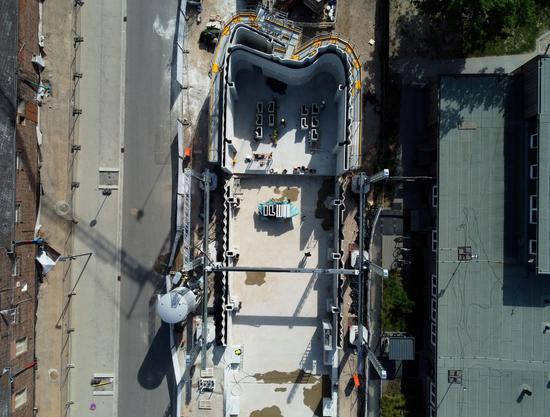
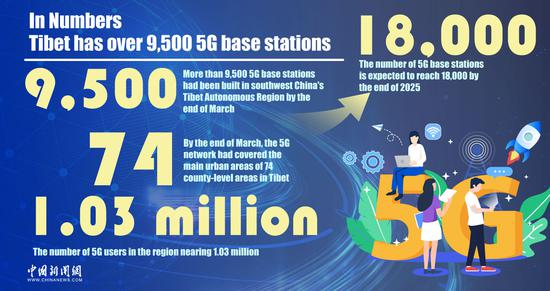
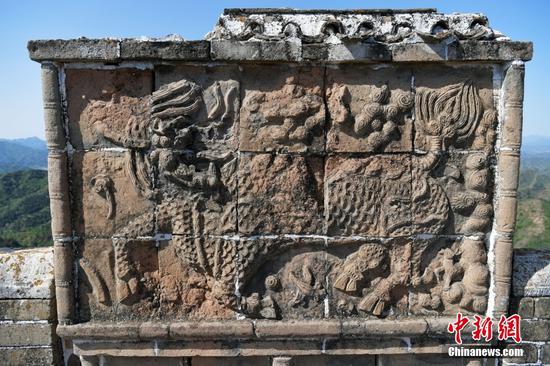


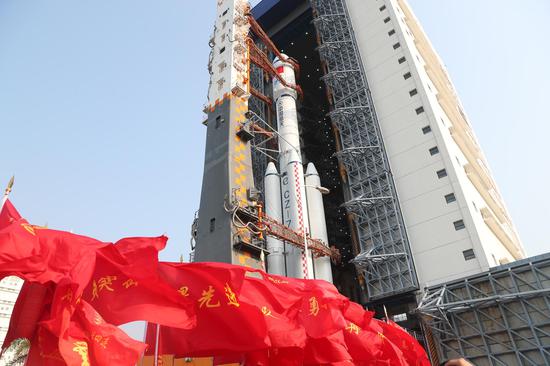
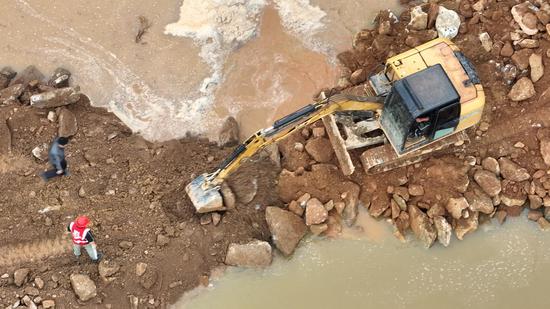







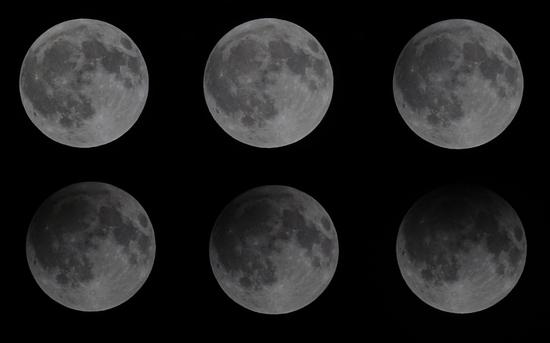





 京公网安备 11010202009201号
京公网安备 11010202009201号